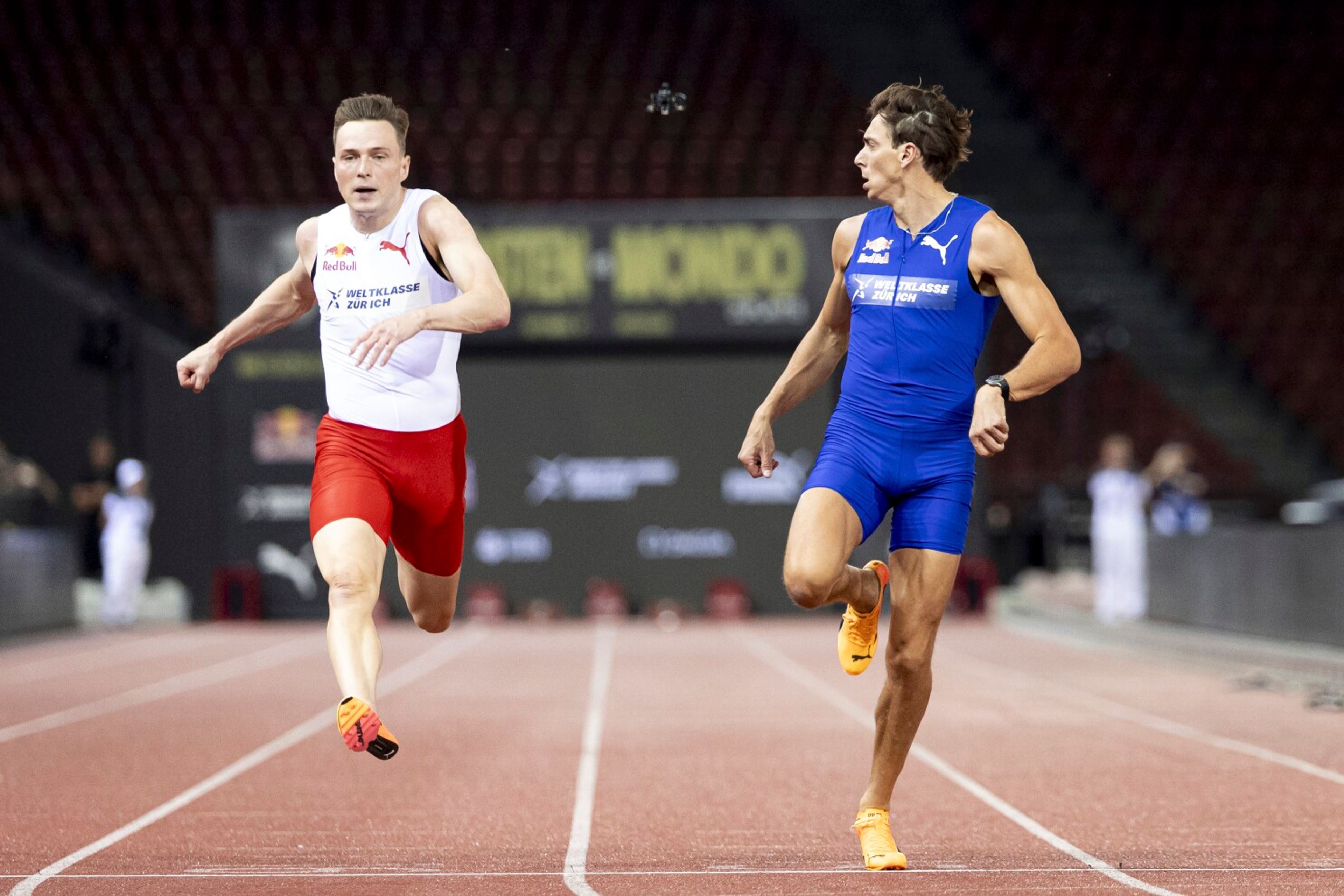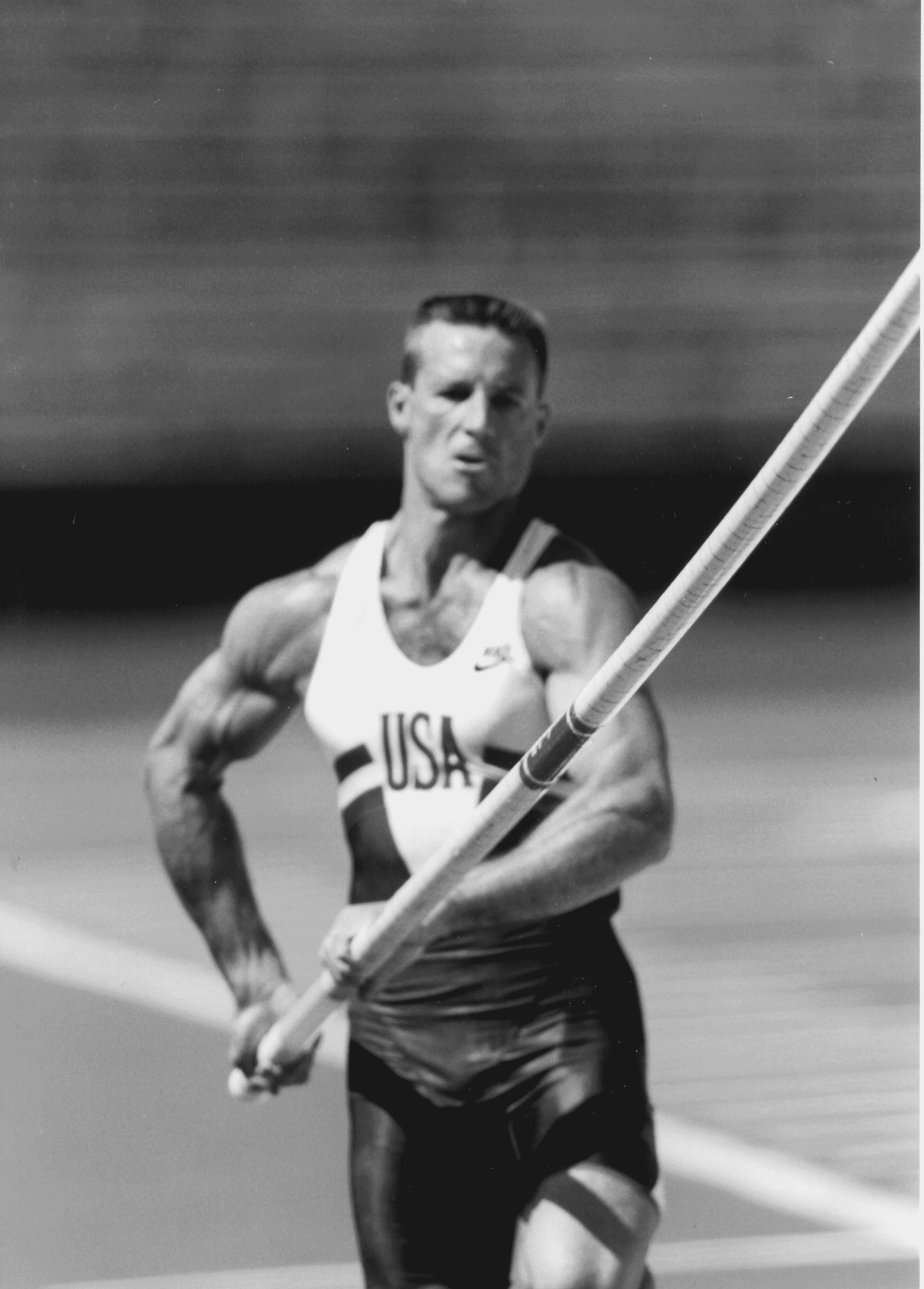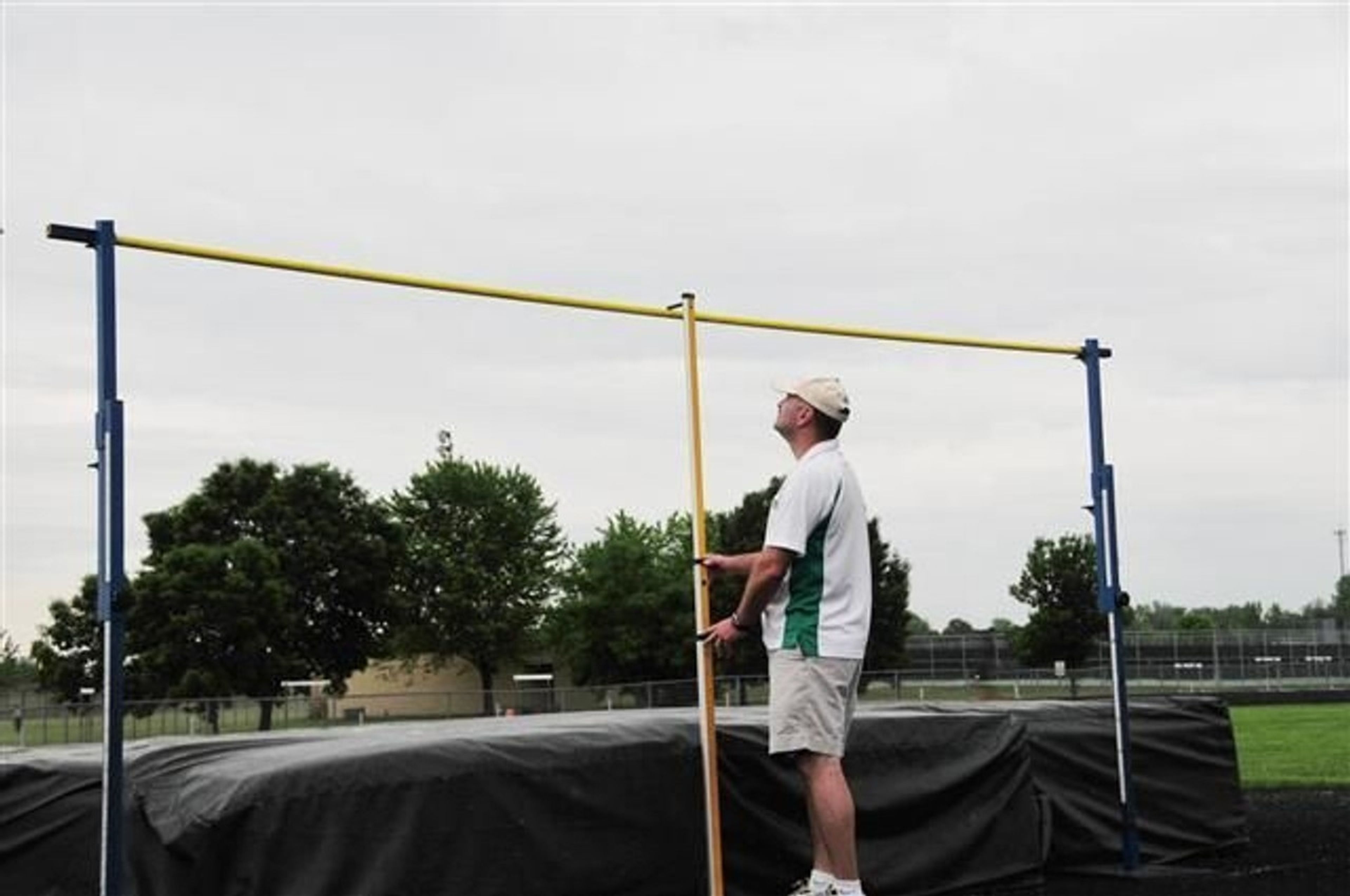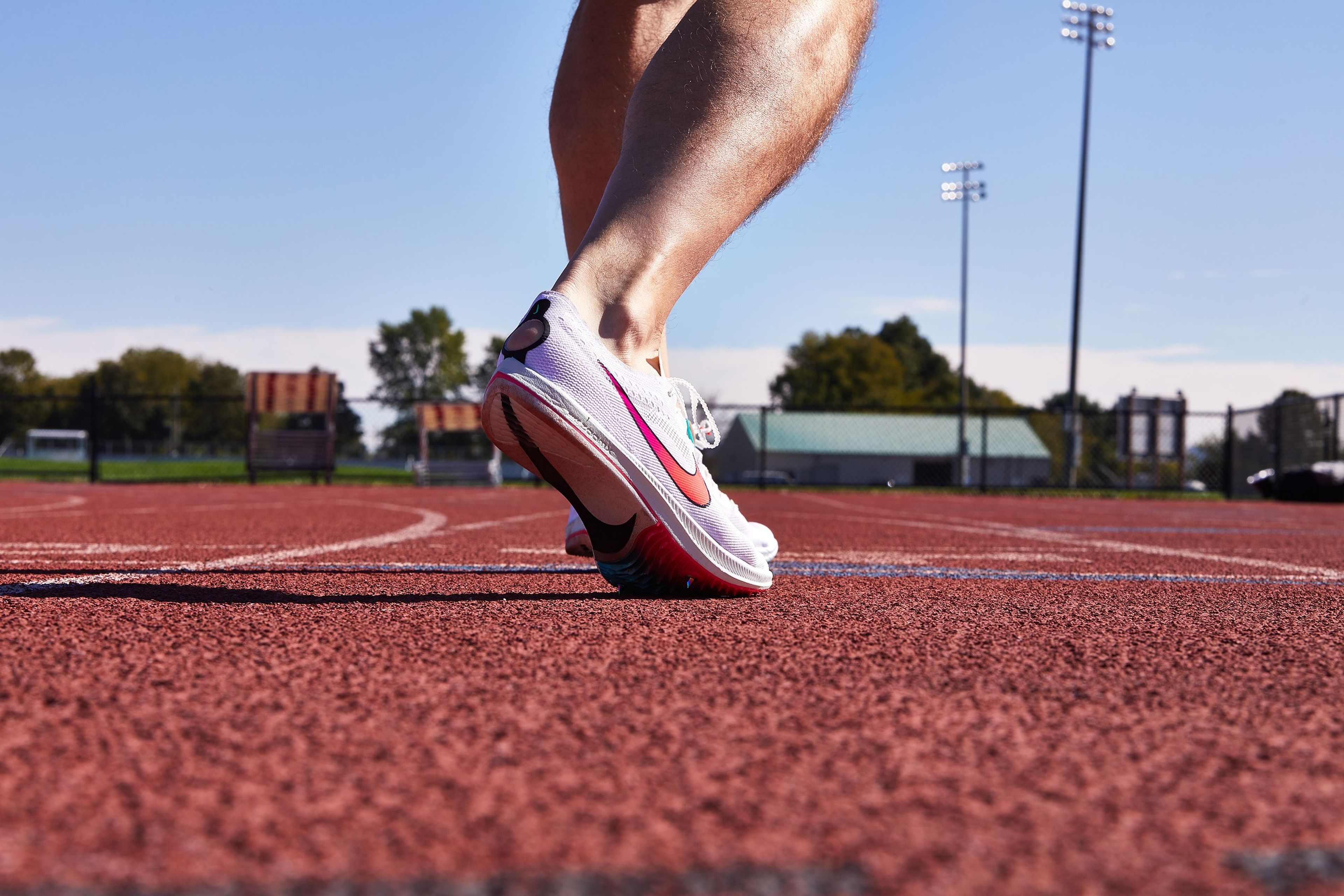Athlete Self-Confidence: A Complete Guide to Developing a Winning Mindset
Discover how athletes can build a winning mindset in today's social media-driven world. Learn actionable steps from experts to boost self-confidence through body language, training consistency, and more.
Every athlete’s life is on display through social media, building self-confidence can feel more elusive than ever. Self-belief, particularly for athletes, is constantly tested by external pressures, comparisons, and the expectations of others. Dr. Gary Wood, author of Confidence Karma: How To Become Confident And Help Others Feel Great Too, notes, "With social media, it’s impossible to escape negative comparisons. It’s an endless cycle of trying to outdo others, which can severely undermine self-confidence."
Athletes today need more than just physical training to succeed—they need a strong mental game to maintain self-belief. In this guide, we’ll explore actionable steps that athletes can take to boost their self-confidence, grounded in expert insights from sports psychologists, coaches, and trainers.
1. Boost Confidence by Lifting Others
One of the most effective ways to improve your own self-confidence is by uplifting others. Dr. Wood explains that giving someone a genuine compliment not only boosts their mood but also enhances your own self-esteem. This creates a positive-feedback loop where others perceive you as more confident, which in turn increases your own sense of self-worth. In team sports, for example, being a supportive teammate can build both personal and team confidence, reinforcing a culture of mutual growth.
2. Harness the Power of Body Language
Your body language directly impacts your confidence levels. Practicing power poses, such as standing with arms raised or keeping your chin up and chest out, can trigger hormonal changes that reduce anxiety and enhance self-esteem. According to therapist and coach David Waters, "These power poses increase testosterone, which boosts confidence, while lowering cortisol, the hormone responsible for stress."
Breathing exercises can further aid in calming the mind and increasing focus. Lengthening your exhale relative to your inhale activates the body’s relaxation response, which is key for athletes in high-pressure situations.
3. Consistency in Training Builds Confidence
Physical fitness is closely tied to mental confidence. As athletes stick to a workout regimen, their dedication and the physical improvements they see over time help bolster self-belief. Joe Warner, editor-in-chief of Unfiltered Online, emphasizes that "sticking to a new habit will make you feel more confident as you start to notice improvements." Regular exercise reinforces a sense of accomplishment and control over one’s progress.
4. Clothing Can Influence Confidence
Your appearance can have a profound effect on how confident you feel. Wearing clothes that fit well and make you feel good can shift your mindset and increase self-confidence. Athletes often find that well-fitting workout gear primes them for better performance. As Warner explains, "Wearing fitted, fashionable, and comfortable workout clothes can make you feel more confident and ready to perform at your best."
5. Separate Your Identity from Your Sport
Athletes often struggle with their self-identity, especially when their performance or career is tied so closely to their sport. Simon Sinek, co-author of Find Your Why, advises athletes to define themselves beyond their professional roles. "One of the biggest challenges is that athletes often intertwine their identity with their sport. It’s important to remember that your worth is not just about what you do, but who you are."
6. Combat Negative Self-Talk
Negative self-talk is one of the greatest obstacles to self-confidence. Waters suggests using a powerful trigger word like "stop" to interrupt this cycle of negativity. This technique helps athletes refocus their thoughts on more productive and optimistic outcomes. Saying the word out loud can intensify the effect, breaking the mental cycle of self-doubt and allowing athletes to regain control of their inner dialogue.
7. Reframe Setbacks
Setbacks are a natural part of any athlete's journey, but how you perceive them can significantly impact your self-confidence. Major Sam McGrath, author of Be Para Fit, suggests reframing failures as learning opportunities. For example, if you score poorly in a drill, focus on what you did well and how you can build on that in future attempts. This mindset shift allows athletes to view setbacks as temporary hurdles rather than reflections of their abilities.
8. Visualization and Affirmations
Visualization is a powerful tool used by top athletes to enhance performance and confidence. Research shows that mentally rehearsing an action, like perfecting a pole vault jump or imagining a flawless race, activates the same neural pathways as performing the activity itself. Joe Warner notes, "Visualization helps athletes struggling with confidence visualize success, making them feel more prepared and capable when the time comes."
Additionally, daily affirmations can significantly boost an athlete’s self-esteem. Affirmations like "I am capable" or "I can achieve my goals" help rewire the brain to focus on positive outcomes, especially when repeated consistently over time.
9. Overcoming Impostor Syndrome
Impostor syndrome is common among high-achieving athletes who struggle to internalize their success. "Athletes often recall failures more than successes, which can breed a fear of being 'found out' as a fraud," says Linda Gillham, director of healthy minds at Peppy Health. Keeping a journal of accomplishments, no matter how small, can help athletes recognize their progress and build confidence by reinforcing a positive narrative about their abilities.
Cultivating Lasting Self-Confidence
Building self-confidence as an athlete is a multifaceted process that requires intentional effort. By integrating strategies such as uplifting others, practicing power poses, sticking to training routines, and using visualization, athletes can gradually create a positive-feedback loop that reinforces their self-belief.
As Waters aptly puts it, "Everyone experiences confidence-crushing moments. But once you have these tools and make them a habit, you’re better equipped to handle stressful situations and come out stronger." Confidence isn’t built overnight, but by adopting these strategies, athletes can consistently improve their mental fortitude and achieve new personal records, both on and off the field.









